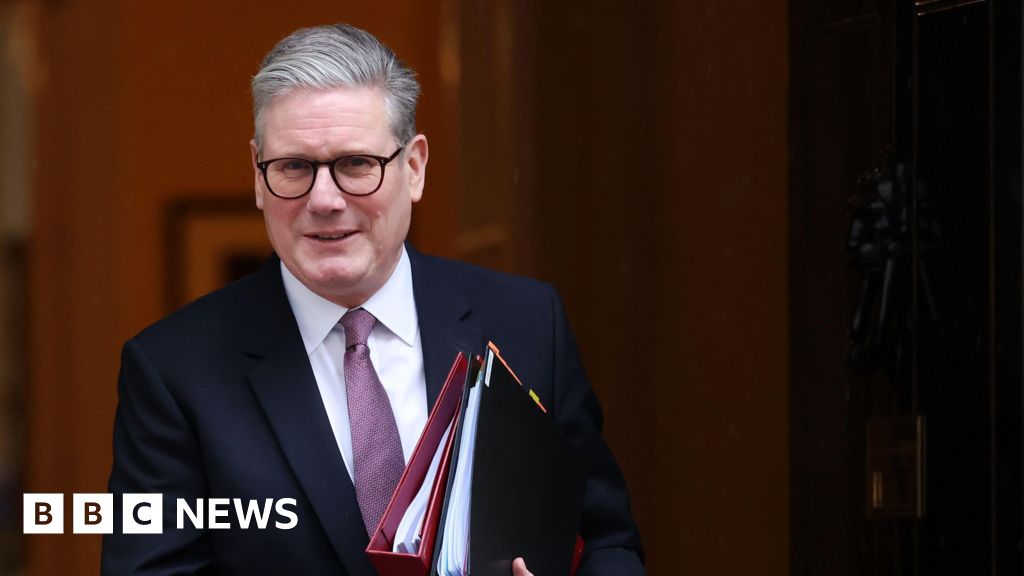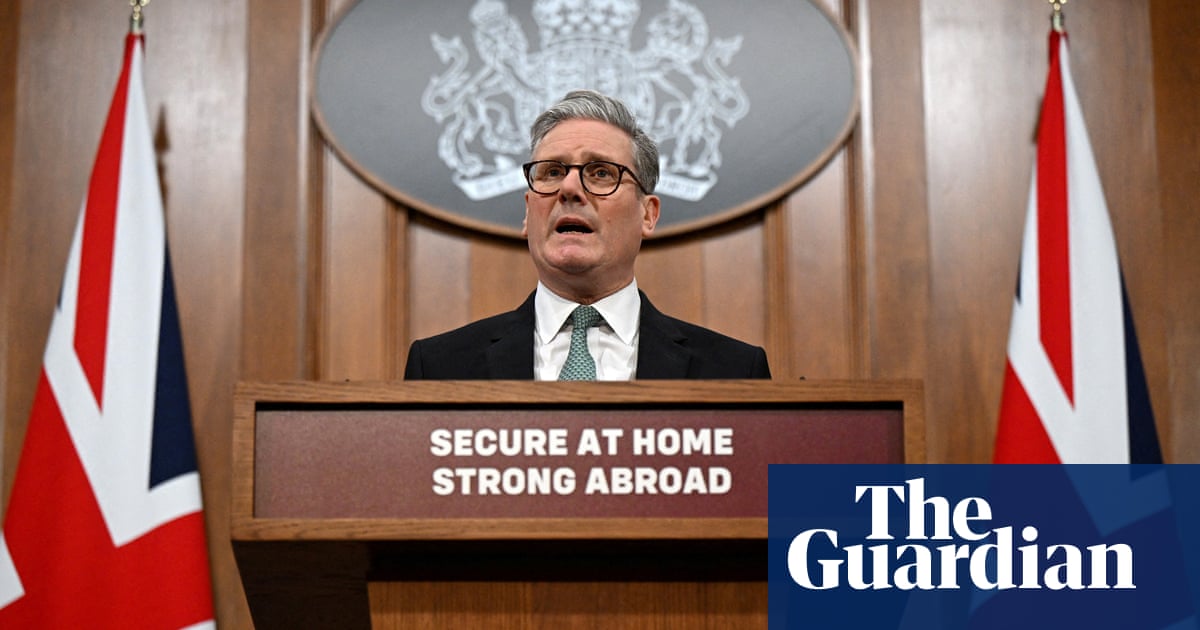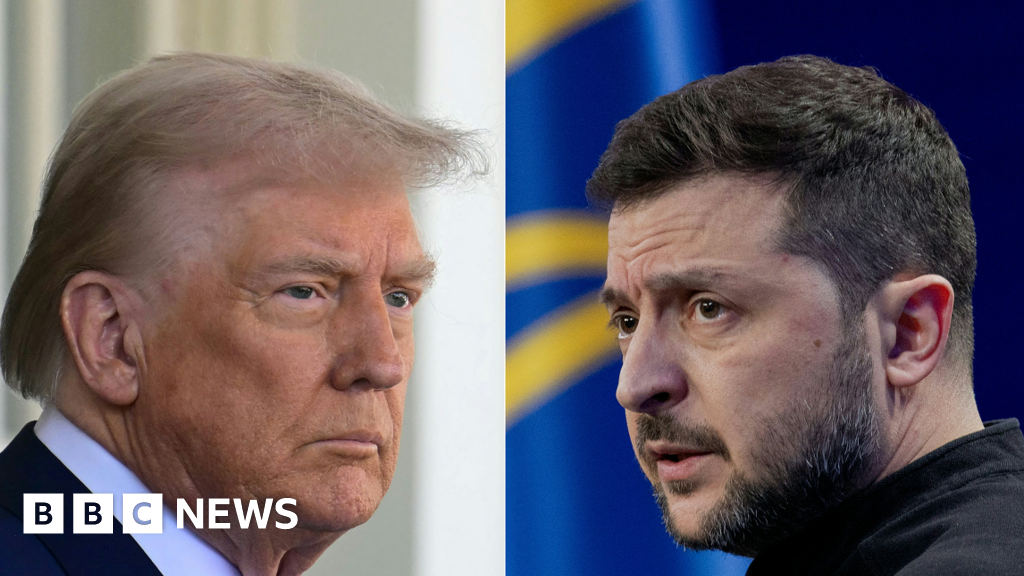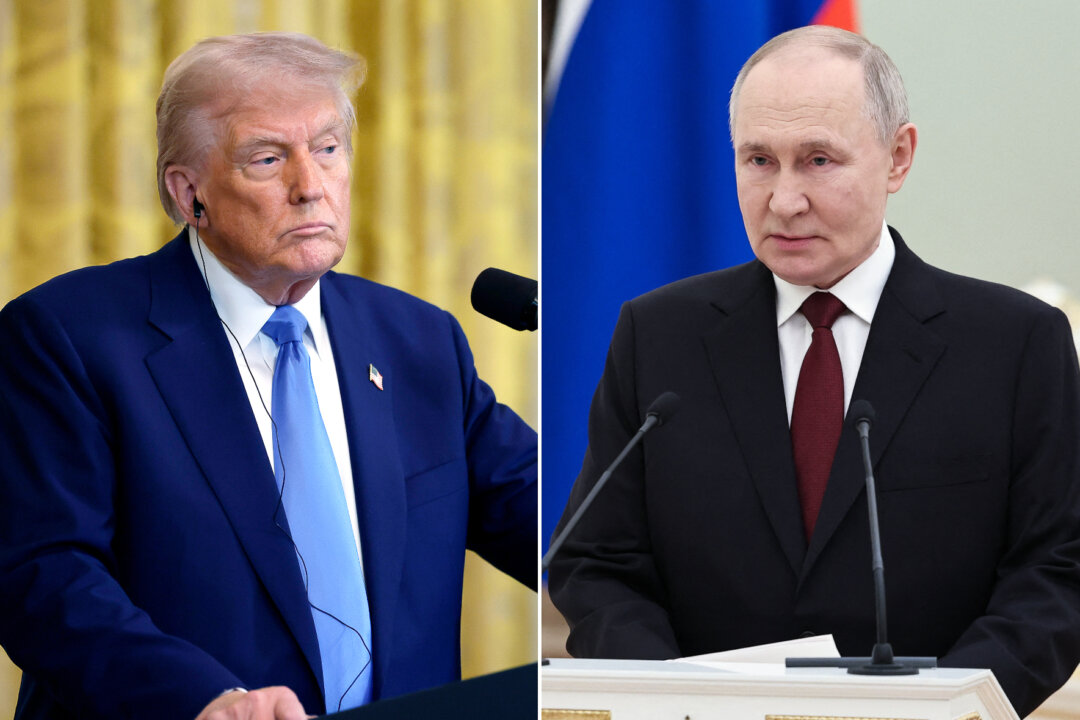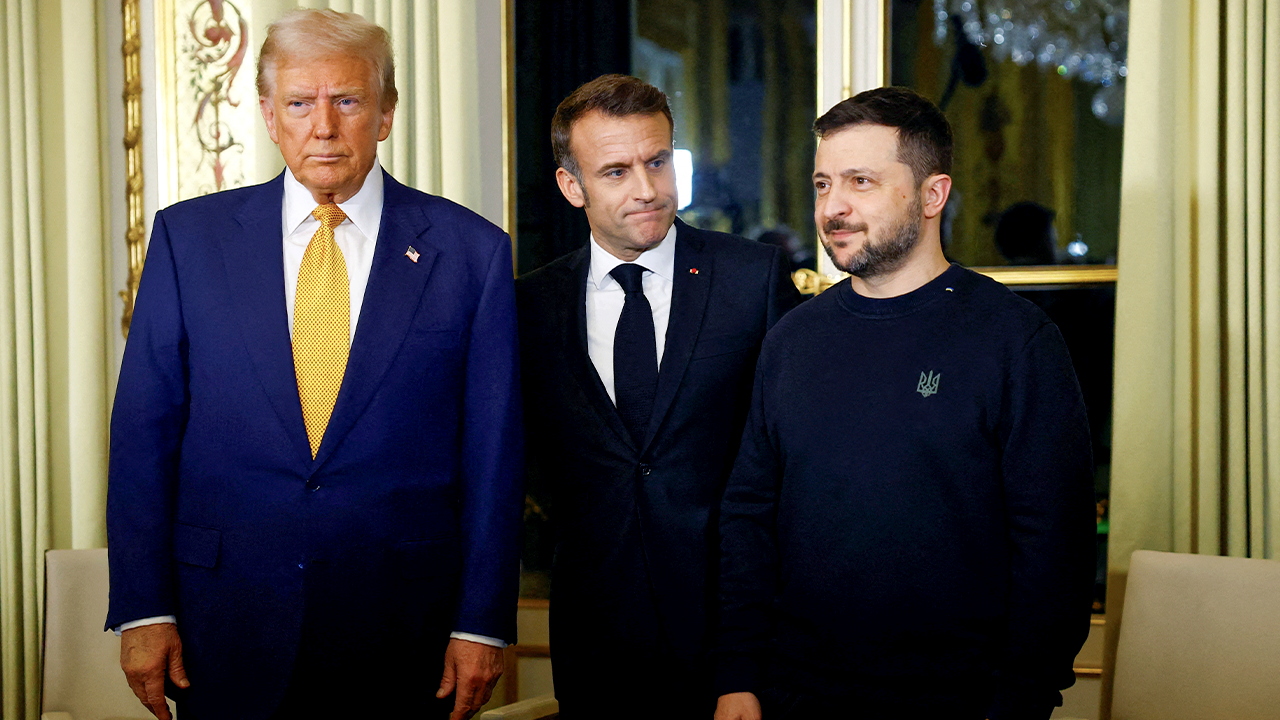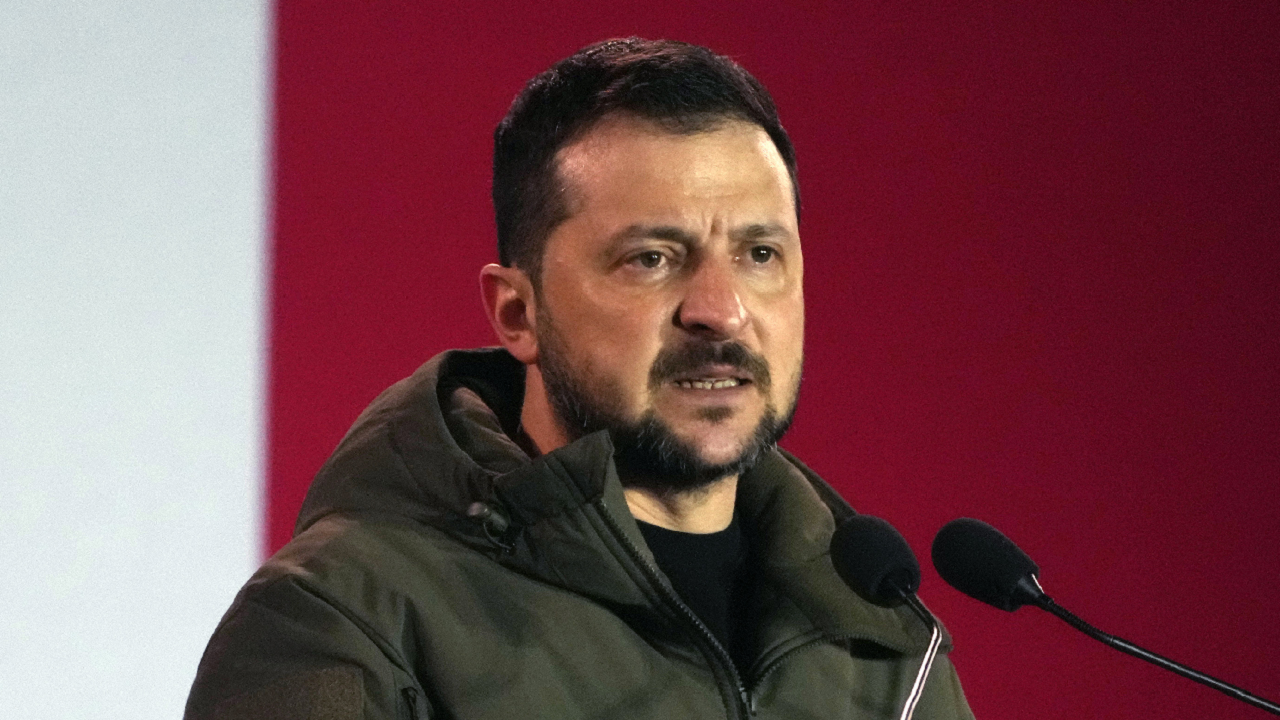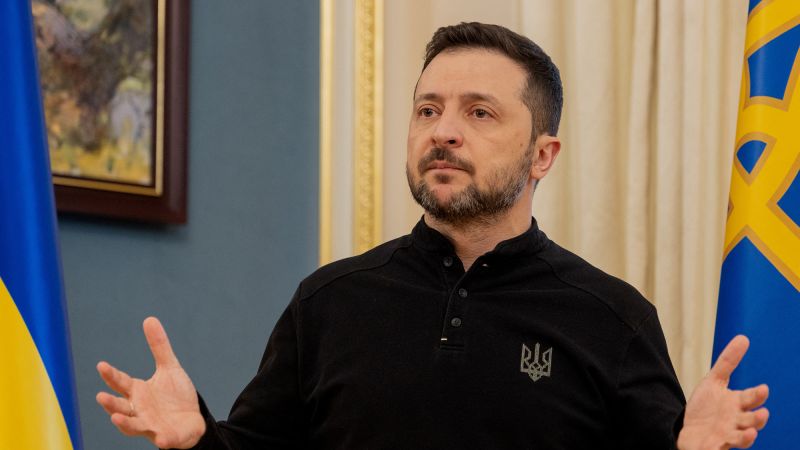Trump-Zelensky Meeting to Sign Minerals Deal Amidst Spiraling US-EU Tensions
U.S.-Ukraine minerals deal could reshape military aid dynamics amid rising tensions with Europe and internal disagreements over security commitments.
Overview
U.S. President Donald Trump is set to meet Ukrainian President Volodymyr Zelensky in Washington to sign a preliminary agreement concerning Ukraine's critical minerals, which hopes to secure ongoing military aid. While the deal aims for joint resource ownership, it lacks explicit U.S. security guarantees, provoking criticism and doubts about the commitment to Ukraine's defense. Concurrently, rising tensions between the U.S. and Europe are evident with the abrupt cancellation of a meeting between EU foreign policy chief Kaja Kallas and Secretary of State Marco Rubio, attributed to scheduling issues amid heightened stakes in transatlantic relations, particularly regarding security and trade.
Content generated by AI—learn more or report issue.

Get both sides in 5 minutes with our daily newsletter.
Analysis
- Trump's agreement with Ukraine focuses on access to natural resources, aiming to ensure economic benefits for the U.S. while stabilizing Ukraine’s economy. The deal is viewed as a long-term partnership that intertwines the economies of both nations, with Ukraine needing clarity on U.S. military support going forward.
- U.S. taxpayers should not be solely responsible for Ukraine's financial assistance, and Europe needs to increase its contributions in this partnership, especially as U.S. policymakers underscore the need for European nations to take on more responsibility for regional security.
- Zelenskyy has indicated that while an economic framework has been agreed upon, the lack of explicit U.S. security guarantees raises concerns about the deal's effectiveness, highlighting the importance of a comprehensive understanding of U.S. intentions in the region.
Articles (19)
Center (8)
FAQ
The deal involves critical minerals and resources not currently contributing to Ukraine's budget, excluding oil and gas. The terms no longer include a $500 billion demand, and the fund will not be 100% U.S.-owned.
The deal aims to secure ongoing military aid for Ukraine, but it lacks explicit U.S. security guarantees, which could impact the dynamics of military aid and raise questions about the U.S. commitment to Ukraine's defense.
Rising tensions between the U.S. and Europe are evident in the cancellation of high-level meetings, such as between EU foreign policy chief Kaja Kallas and Secretary of State Marco Rubio. These tensions could complicate transatlantic relations, potentially affecting the broader geopolitical context of the U.S.-Ukraine deal.
The deal is not expected to have a significant economic impact in the short term. It is described as a 'sideshow' designed to keep Trump happy, with minimal immediate financial benefits for the U.S.
History
- 4M

 6 articles
6 articles
